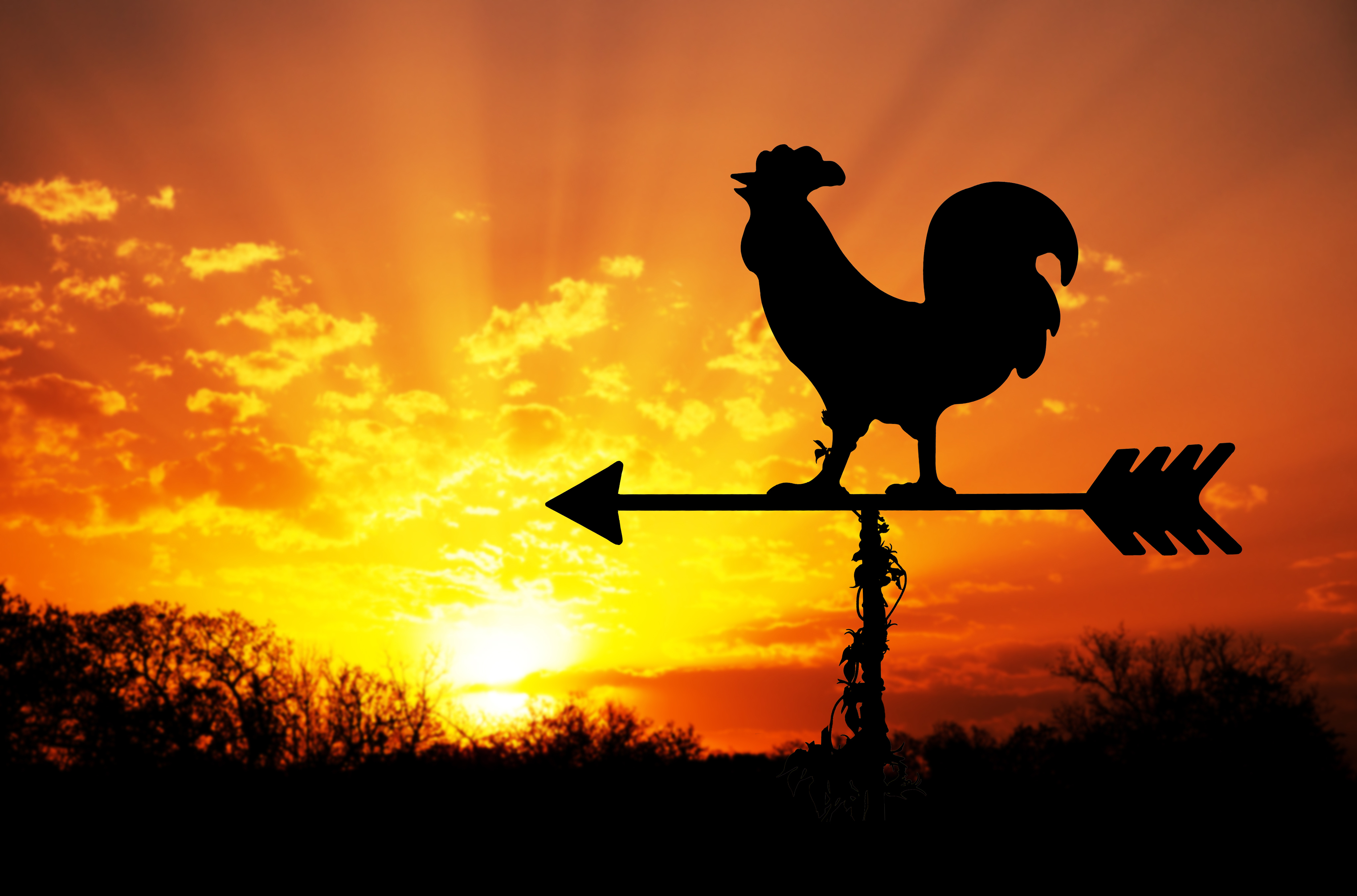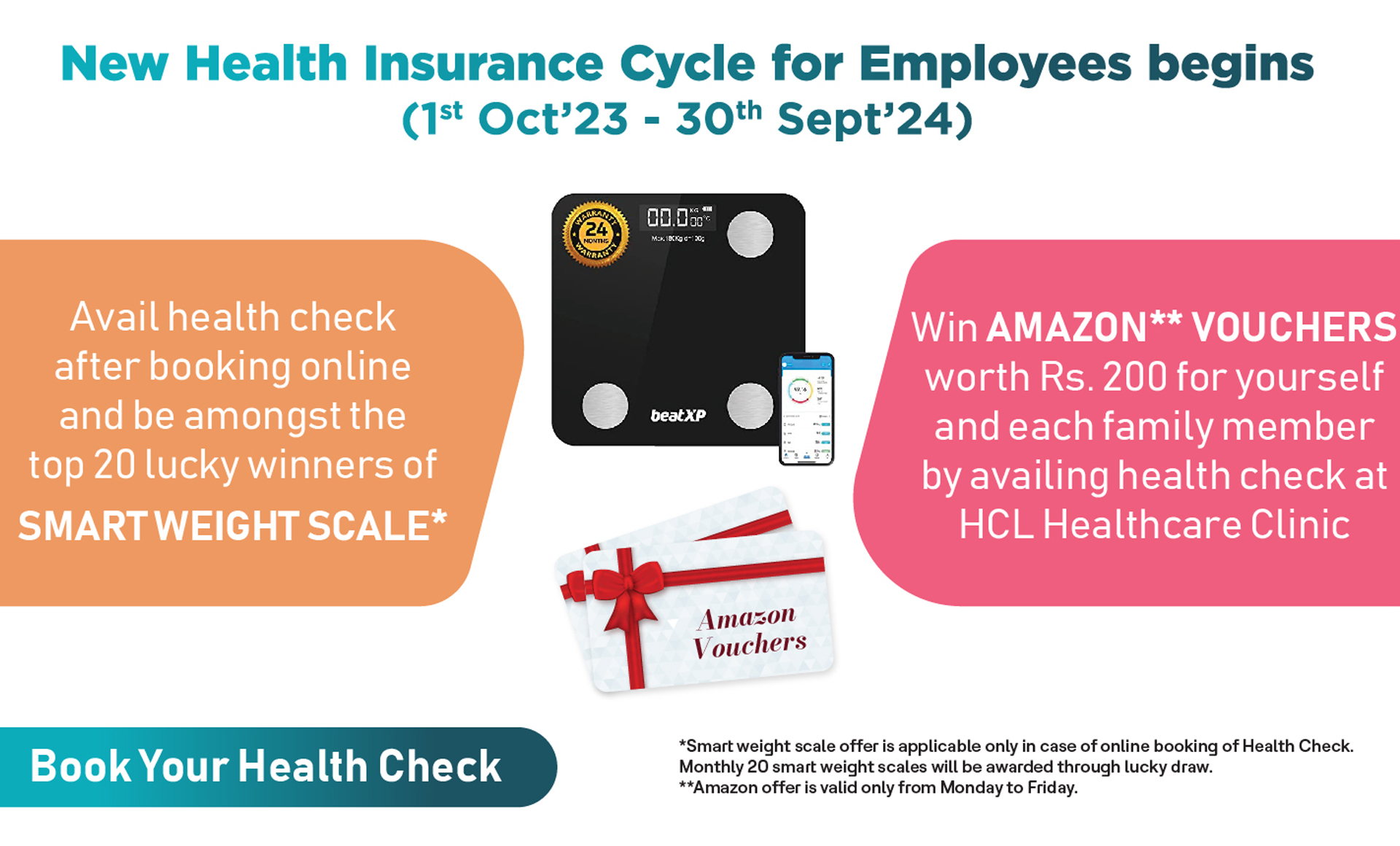They say well begun is half done and our daily schedules are no different. Don’t we all prefer getting a headstart on the day by rising early rather than having a late and sluggish start? Several studies have explained the benefits of getting up early but let’s face it’s easier said than done. The greed of getting a few extra minutes of sleep is often too much to resist.
If you look around at your workplace, you will find both night owls and morning larks. Some might boast of rising as early as 4 am and having a super productive day, while others may claim to sleep at 1 am and still report for work on time. That being said, sleep patterns and sleep schedules are largely dependent on one’s lifestyle, genetics, and personal obligations, among other factors.
All of us have a circadian tendency or a chronotype which determines one’s natural tendency to wake up or sleep at a certain time. As per research, factors like genetics, environment, age, and gender can influence one’s chronotype. While early risers, who are more active during the mornings, have a morning chronotype, and night owls have late chronotypes.
Kickstarting your day early ensures that you can achieve a work-life balance without ignoring your responsibilities. It means having more time to do what you love and finally catching up on that hobby that you thought you never had time for.
There’s even research to prove the point. A 2019 study by Harvard-affiliated Massachusetts General Hospital and the University of Exeter indicated that those who are genetically programmed to rise early are likely to be at a lower risk of mental health conditions like depression and schizophrenia.
Wait, there’s more. A cooperative study between the University of Education Heidelberg and the University of Bologna involving over 300 students found that people whose performance peaked in the morning were better positioned for professional success because of their proactivity when compared to those who were more productive in the evenings.
If you are someone who wants to be a morning person but is a slave to your habits, here are a few strategies that might help you rise early:
Try seeking out natural light
Exposure to bright light suppresses melatonin, which is a hormone that plays a key role in circadian rhythms. So, when you get up, try walking in your garden or just sitting out with your morning cup of tea or coffee.
Take your time
Being a morning person is a lifestyle change that needs time and patience. Rome wasn’t built in a day, so it’s okay if you are not seeing the results within a few days. Rather than beating yourself up for not getting up early one day, simply start afresh the next day.
Try different strategies
There are two ways you can start your day early. The first is to start waking up at a suitable time from the get go. Alternatively, you can ease yourself into the goal by getting up a little earlier every day. If you want to get up at 5 am, you can start by getting up at say 6 am for a week and then gradually advance the time.
Consistency is the key
Becoming a morning lark is a seven-day job that requires consistency. If you want to see the benefits of being an early riser, you will have to be consistent even on weekends.
Set a winding down schedule for your evenings
As beneficial as being an early riser is, not getting enough sleep only sets you back. Once the exhaustion and sleep deprivation kick in, there’s nothing to stop you from going off schedule. Depending on how much sleep you need, start preparing for bedtime early. For instance, reduce your exposure to artificial lights as you get closer to your bedtime. Studies show that exposure to artificial light in the late evening reduces the generation of melatonin, thereby affecting sleep quality.
Reward yourself
No pain, no gain, right? Set a reward for being a morning person, so that you look forward to getting up early. It can be something as small as a coffee or a cupcake from your favourite cafe or lunch at a restaurant. Or you could schedule a yoga or gym session in the morning so that you have an incentive to not hit the snooze button on your alarm.







